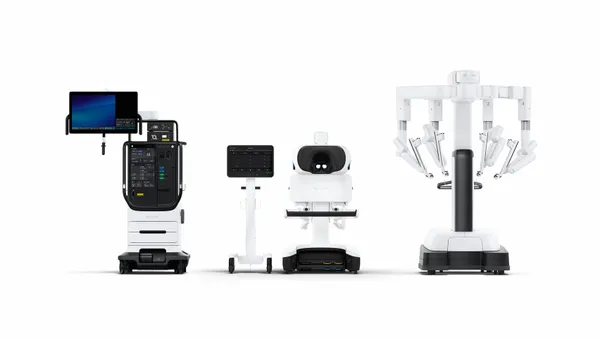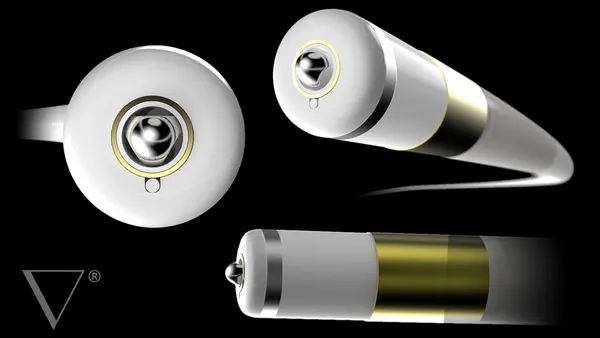Dive Brief:
- Medtronic is recalling 13,440 dual chamber implantable pulse generators in the United States due to the possibility that a software error could cause the devices to lose pacing function.
- It is not possible for patients or physicians to predict if or when the software error might occur, FDA said in a notice on the recall. Patients should seek immediate medical attention if experiencing any new or unexpected symptoms consistent with a pause in pacing, FDA said.
- Medtronic, in an advisory, said it is aware of four incidences in two patients in which pacing was paused due to the circuit error. No deaths have been reported. FDA classified the recall as Class I, meaning use of the devices may cause serious injury or death to patients.
Dive Insight:
The devices are implanted cardiac pacemakers designed to increase the heart rate of patients with a slow heart rhythm, known as bradycardia, or no heart rhythm. The pulse generator unit contains the battery and other electronic parts and is connected to the heart with insulated electrode wires called leads.
A lack of pacing could result in a patient experiencing a slow heart beat, low blood pressure, light-headedness, fainting or death, FDA said.
Medtronic is recalling the Adapta, Versa, Sensia, Relia, Attesta, Sphera and Vitatron A, E, G, Q series of pulse generators. The devices were manufactured between March 2, 2017, and Dec. 8, 2018, and distributed from March 6, 2017, to Jan. 7, 2019. The recall was initiated on Jan. 17.
Not all devices with the brand names are affected by the recall, Medtronic said. The company instructed physicians to use the "Search for Information by Serial Number" tool on the home page of its website to determine if a device is affected.
Affected devices may experience a circuit error when programed to be in a dual chamber mode with atrial sensing, the company said. If the error occurs, the device will be unable to provide pacing until a ventricular-sensed event (VS) is detected. If a VS is detected, normal pacing functionality is restored. If a VS is not detected, the device will withhold both atrial and ventricular pacing. In addition, until a VS is detected, the device will be unable to initiate a session with a programmer, initiate a session with a CareLink remote monitor, or respond to a magnet.
Single chamber and dual chamber pacing modes that do not sense atrial activity are not susceptible to the circuit error.
Medtronic said the four reported events occurred from a total of 156,957 devices sold worldwide. The company estimates that a device in a susceptible pacing mode has a 2.8% chance per month of experiencing a pacing pause of 1.5 seconds or longer.
The cause of the issue is a design change to an integrated circuit in a subset of devices, Medtronic said. The company is developing a software update that can be installed in the affected devices to correct the issue. It expects to submit the software update to regulatory agencies by the second half of 2019.
Medtronic field representatives hand-delivered corrective action notification letters to implanting and follow-up physicians instructing that the devices be programed to a non-susceptible pacing mode as the primary mitigation for patients implanted with an affected device, until the software update can be installed.
Physicians are asked to return all unused and unopened affected products to the company for replacement, and to confirm that notifications are received using Medtronic's electronic tracking system and a paper form.












